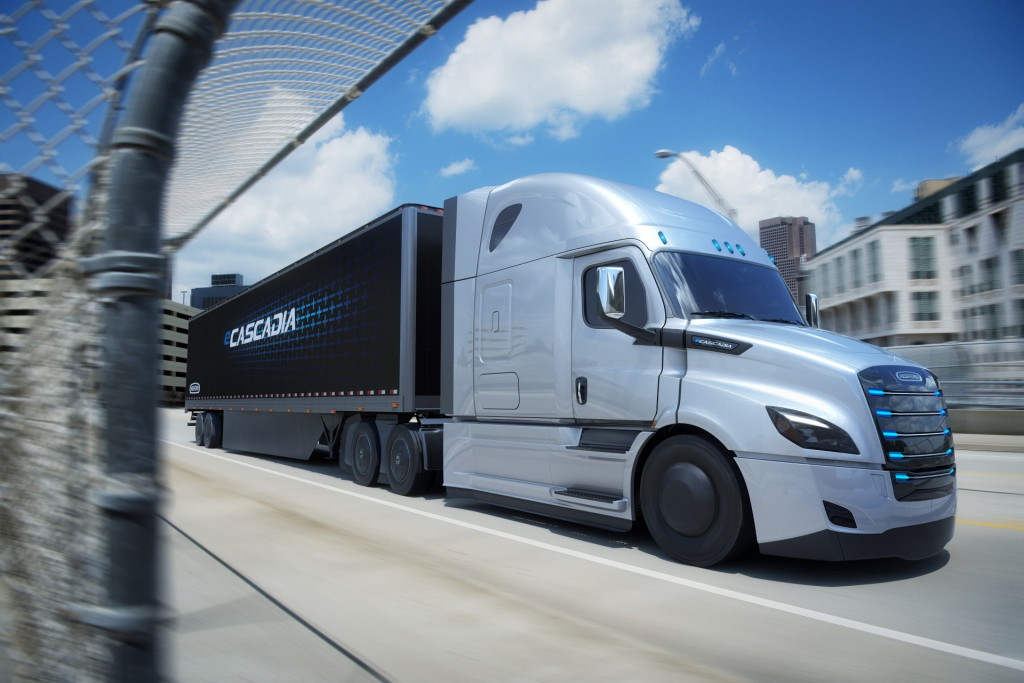Congressional Democrats unveiled a new clean energy action plan Tuesday that would emphasize electric cars, but it steps back from some aspects of the previous Green New Deal plan.
Dubbed the Climate Crisis Action Plan, it includes a provision that would end sales of new internal-combustion passenger cars by 2035, and internal-combustion heavy duty trucks by 2040. It also calls for all electricity to be generated from renewable sources by 2040.
To help meet these goals, the plan supports development and greater domestic manufacturing of green tech, including electric long-haul trucking, shipping, and aviation. It also calls for the buildup of electric vehicle "fueling" infrastructure.
To support renewable energy, the plan calls for extending federal tax credits for wind and solar through 2025, according to The Washington Post, as well as research funding for clean energy technologies, including energy storage.
Under the plan, emissions reductions in transportation, energy, and manufacturing would add up to a carbon net-zero economy before 2050. The plan also sets a goal of reducing net U.S. greenhouse gas emissions 88% below 2010 levels by that year. The House Energy and Commerce Committee already last year called to end global warming emissions by 2050.
The plan would save 60,000 lives per year by 2050 through reduced air pollution, and save nearly $8 trillion through health and climate benefits over the same period, according to its authors.
Freightliner eCascadia electric semi-truck
"The committee’s recommendations to accelerate technology development, support U.S. manufacturing and increase deployment of electric vehicles and infrastructure will help to build a sustainable transportation sector while increasing our energy and economic security," Genevieve Cullen, president of the Electric Drive Transportation Association, said in a statement.
However, the Climate Crisis Action Plan appears less ambitious than its predecessor. The Green New Deal also dove into social justice, health care, and equity issues, but this proposal appears to be streamlined for an energy and green-tech focus—and, perhaps, something more likely to be considered by Republicans.
President Trump has claimed in rallies that the Green New Deal placed a limit on the number of cars allowed per family, which wasn't something mentioned anywhere in the proposal.
Trump's outspoken support for fossil fuels also conflicts with economic reality. Energy from renewables is already cheaper than coal in many world regions, and new wind and solar installations cost less than coal to keep running.
Even in this form, the Democratic climate action plan has little chance of being passed with the current Republican-controlled Senate and White House. This is an election year, though, so the political balance of power could change in 2021.












